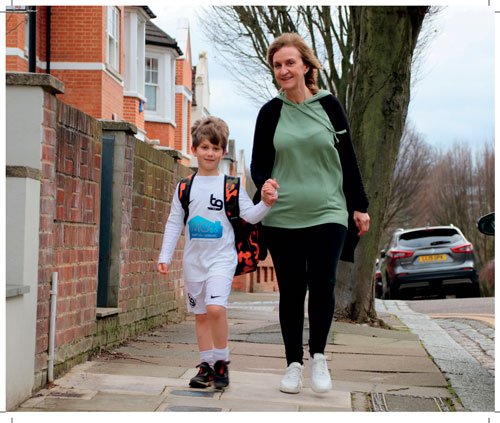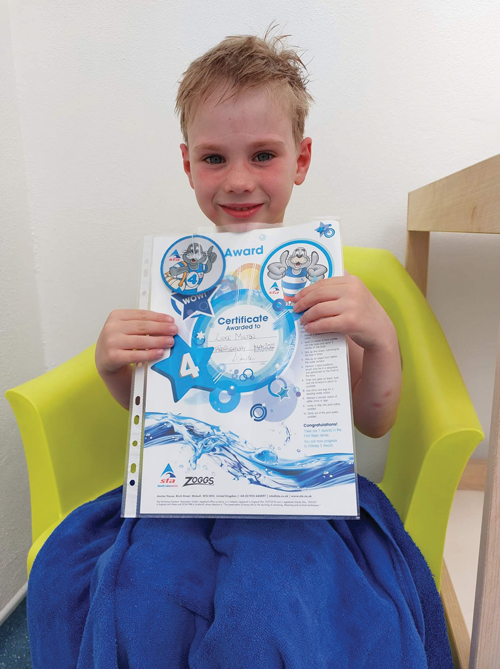
by Marsha Dann
Lead Teacher, Play B C Preschool
Children are not born able to understand and manage their emotions. Self-regulation is a skill they have to learn. It must be frustrating for very young children, with little or limited language skills, to try to communicate how they are feeling to others.
They are particularly vulnerable also to the emotional difficulties experienced by their carers. Even though we have mostly put the global pandemic behind us, the profound effect it had upon all of us cannot be denied. The challenges of isolation, increased anxiety and stress affected individuals of all ages and continue to have an impact. Followed in quick succession by a cost of living crisis, the financial pressures that many faced then, have only continued to grow. To safeguard children’s general wellbeing, openly talking to them about feelings and teaching them to recognise emotions in others and themselves is of vital importance.
The early years of a child’s life are critical for development in all areas, and experiences during this period will shape the brain’s messaging systems. When a child feels content and emotionally secure, their cognitive abilities thrive, allowing them to concentrate, learn, and remember effectively. Conversely, when stress overwhelms a child, adrenaline surges through their body, suppressing higher cognitive functions as their system gears up for the fight-or-flight response. Prolonged exposure to high cortisol levels, a stress hormone, can disrupt brain development, particularly in areas responsible for self-regulation, memory, and executive function. Chronic stress in early childhood can lead to a myriad of emotional and physiological problems down the road.
Stress in young children often arises from unmet needs and separation from familiar caregivers. However, this can be mitigated through consistent and responsive adult attention and interaction. Rather than rushing to cheer up or fix a child’s problem, sitting alongside them and acknowledging their emotions, teaches them feelings do not have to be overwhelming and you can navigate them together. Developing curiosity about emotions instead of suppressing them helps children understand they can handle challenging feelings. Assist them to identify and label the specific feeling they are experiencing. Are they feeling anger, worry, fear, frustration or happiness? By doing this, you not only expand their vocabulary but also facilitate their ability to recognise and acknowledge the same emotion when they feel it in future situations.
Emotional Intelligence (EI) plays a crucial role in a child’s ability to recognise and manage their own feelings, as well as understand emotions in others. Yale University have coined the acronym RULER to identify five essential skills for EI: Recognising, understanding, labelling, expressing and regulating emotions. By encouraging children to identify and express their emotions, we equip them with the tools to navigate and communicate their feelings effectively, setting a strong foundation for social and emotional development.
The Early Years Foundation Stage (EYFS) identifies Personal Social and Emotional Development (PSED) as a prime area of learning, critical in a child’s overall growth. Self-regulation and relationship-building are identified as core components of PSED. The early years provide a critical environment for promoting emotional wellbeing, where practitioners can strike a balance between sensitivity, stimulation, agency and consistency to help children regulate their emotions and develop an awareness of their behaviour’s impact. Maintaining a calm and consistent approach while serving as a positive role model, further supports children in understanding how feelings can be managed.
Teach your child that it is perfectly normal to experience a range of emotions, even if some of them are unpleasant. Even emotions like jealousy, envy, or selfishness can tell us something, serve as opportunities for self-reflection and give us insights into ourselves and others. It is important to create a lighthearted and comfortable atmosphere when discussing emotions, as this can prevent heightened emotional responses, particularly when a child feels sad or anxious. While all emotions are OK, not all behaviours are, and young children need to learn how to show their feelings in a way that is effective and appropriate to their environment and others around them.
Practical strategies for encourag-ing emotional intelligence include exploring images of different facial expressions and encouraging children to imitate expressions in a child-safe mirror. You could guide them to map their feelings on a mood meter or think of them in terms of colours, think of the Pixar movie ‘Inside Out’. You can find more about this from websites such as the Zones of Regulation or the Ruler Approach.
In conclusion, it is good to talk. By engaging in discussions about emotions, recognising and understanding their feelings, and providing a supportive environment, we empower children to develop crucial emotional and social skills that will benefit them throughout their lives.
Teacher-led Play B C offers fun, yet challenging early education and prioritises relationships. Interaction is judged to be ‘excellent’ and practice has been further validated with an Early Years Quality Mark. More than just a place, at Play B C every day is a learning adventure. Please feel free to contact admissions@playbc.co.uk to arrange a visit.


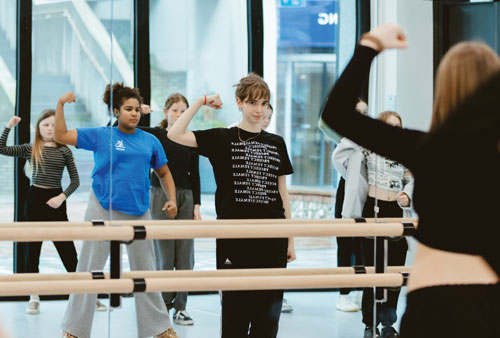
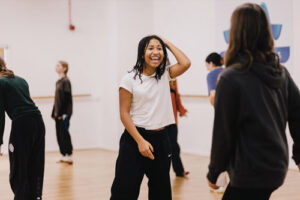 Empowerment has the potential to liberate young people from these expectations and pressures. Empowerment enables young people to find their voice, their place in this world and feel important and heard. Empowerment is the enemy of insecurity, and through engaging with activities and communities that make young people feel empowered, they grow in a confidence that can be applied to every aspect of their lives.
Empowerment has the potential to liberate young people from these expectations and pressures. Empowerment enables young people to find their voice, their place in this world and feel important and heard. Empowerment is the enemy of insecurity, and through engaging with activities and communities that make young people feel empowered, they grow in a confidence that can be applied to every aspect of their lives.
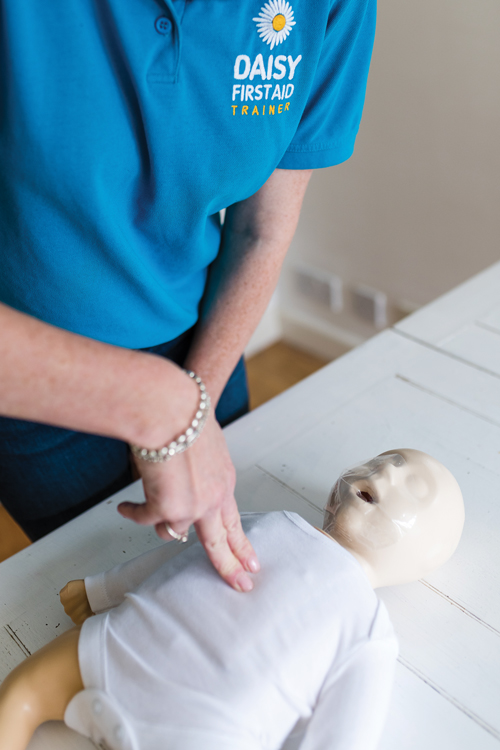
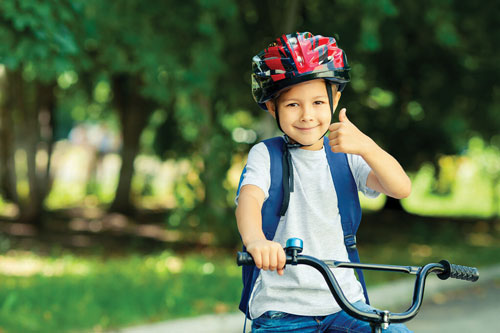
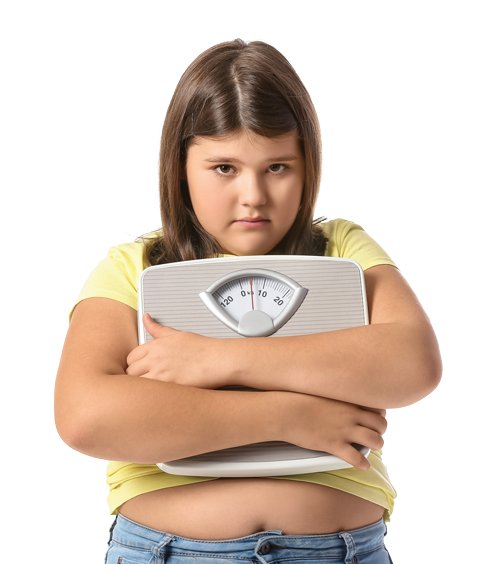
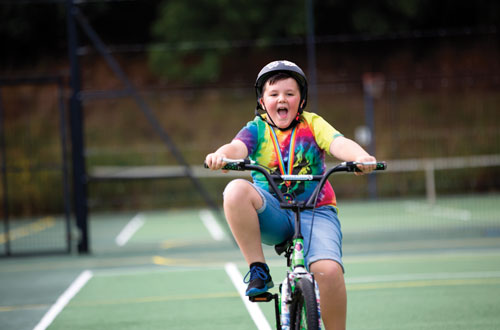
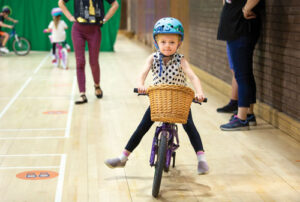 gular physical activity also has links to increased happiness, as well as giving children more opportunities to make friends and social connections.
gular physical activity also has links to increased happiness, as well as giving children more opportunities to make friends and social connections.